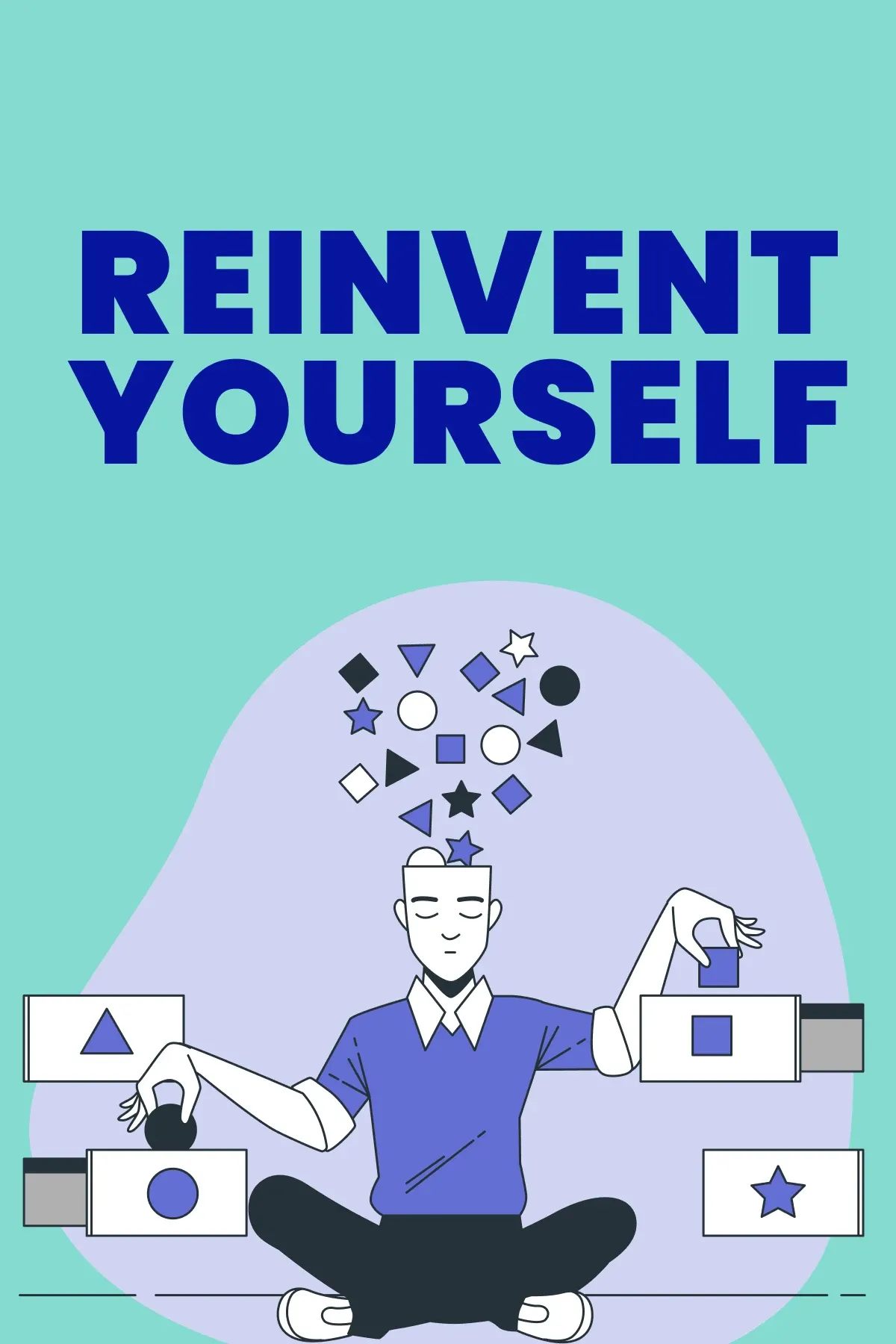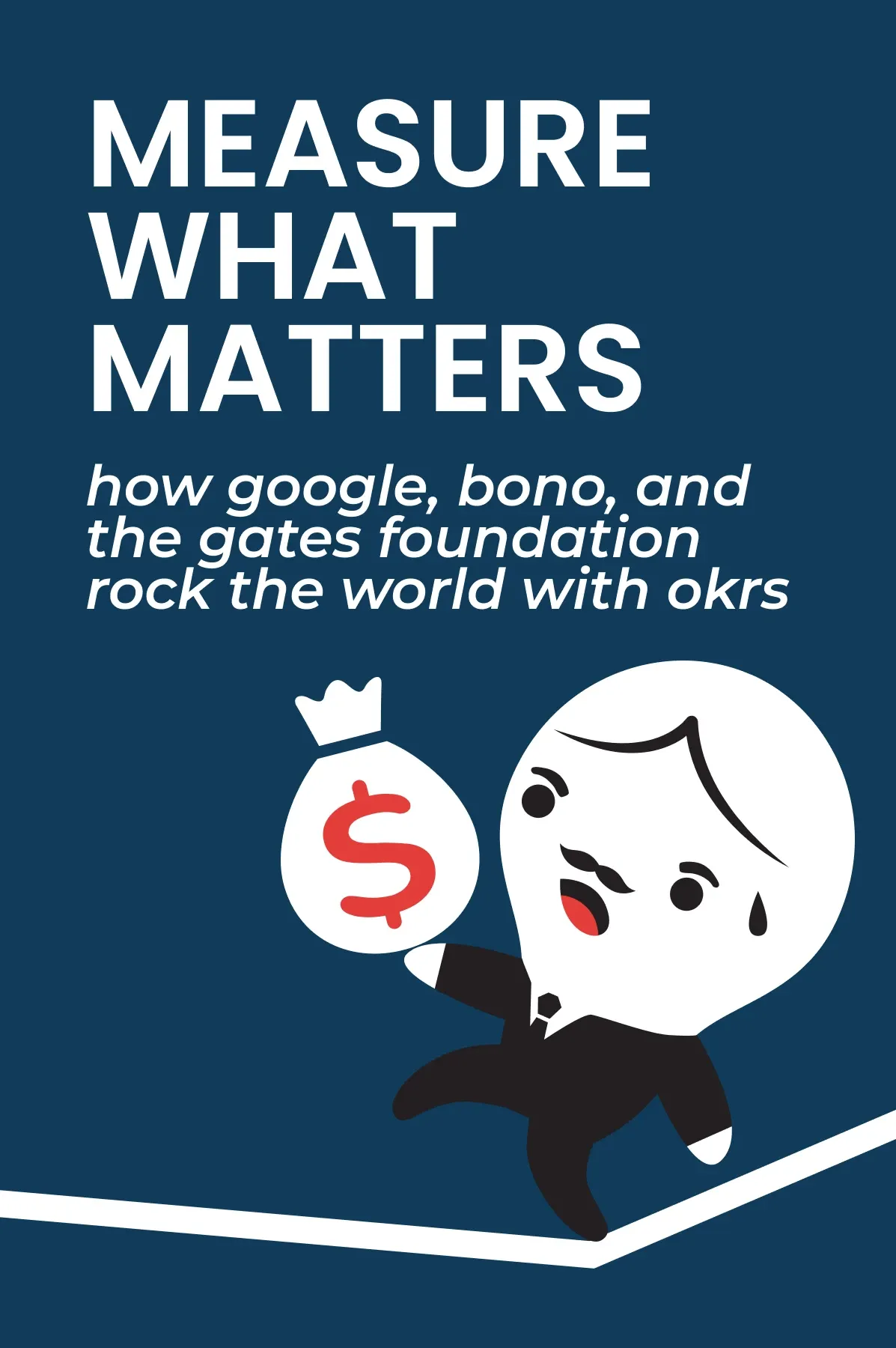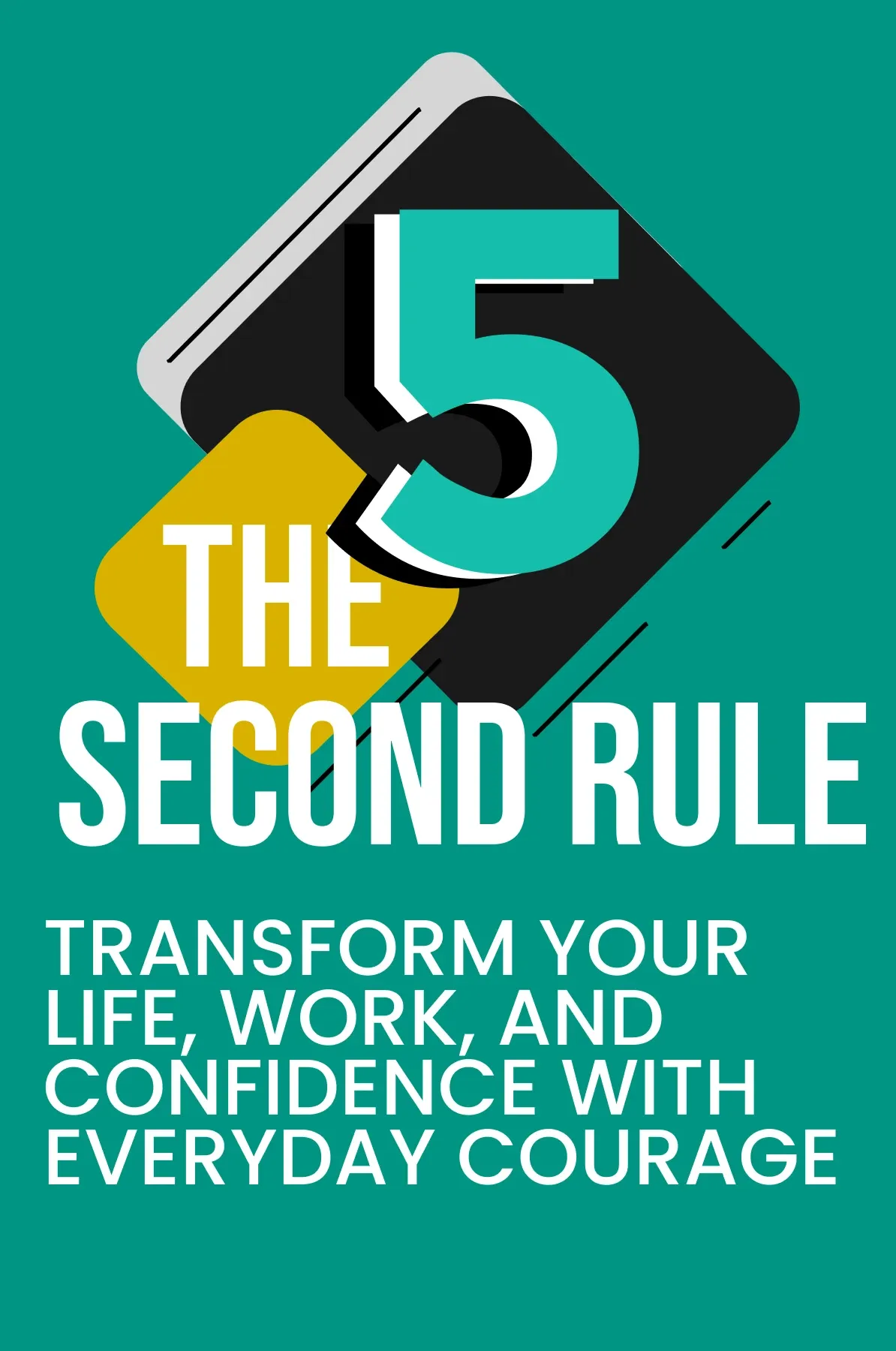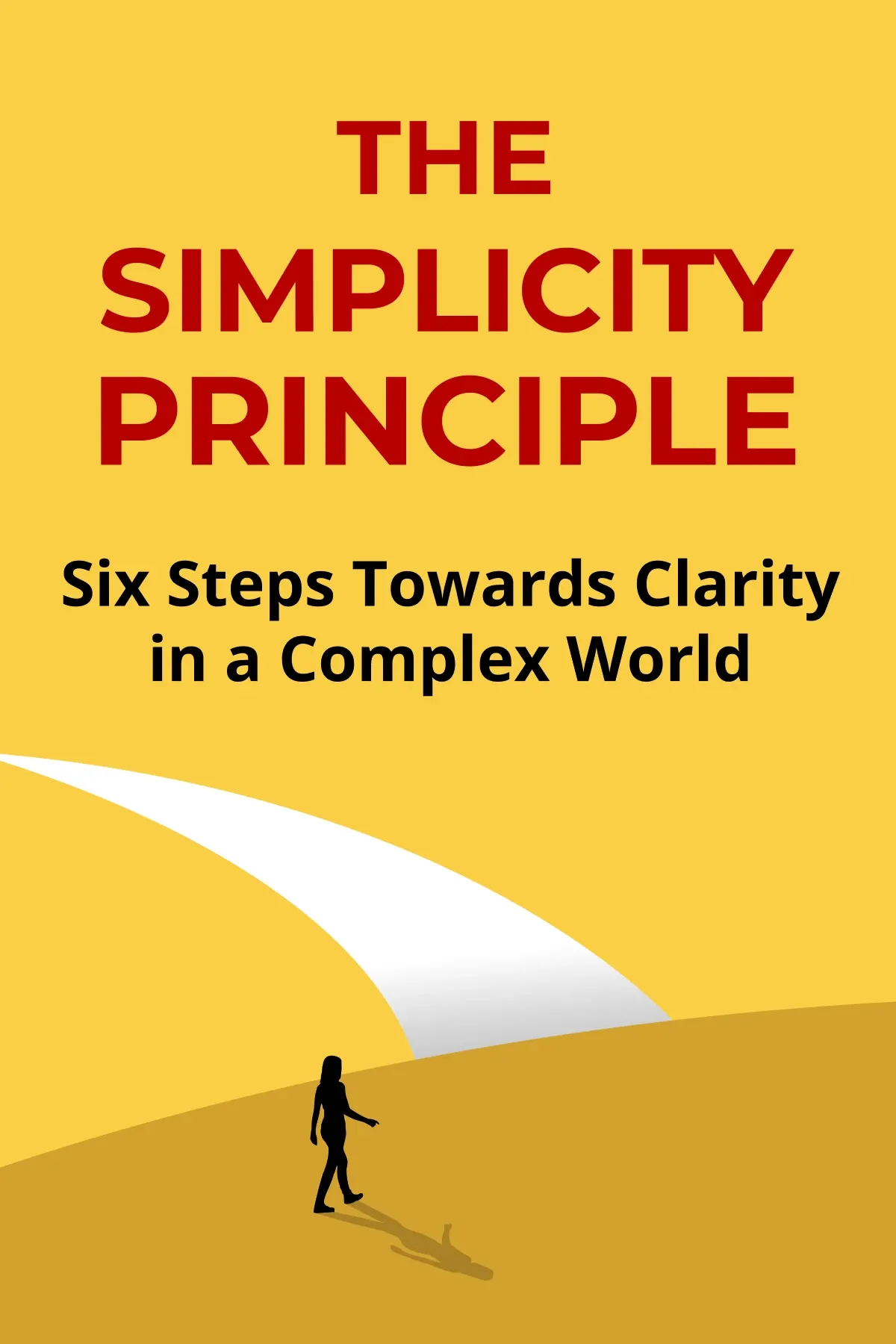
The 80/20 Principle
Brief Summary
“The 80/20 Principle” is a transformative concept that reveals how a minority of causes, inputs, or efforts often lead to a majority of the results, outputs, or rewards. It's an insightful approach that reshapes our understanding of productivity and success in professional and everyday life.
Topics
Key points
Key idea 1 of 8
Vilfredo Pareto made quite a discovery with *the 80/20 principle*. Imagine you're at a party where 20% of the guests are causing 80% of the laughter. That's the 80/20 principle in a nutshell! This principle carries significant implications for our lives and work.
So, how exactly does the 80/20 principle play out in various fields? Let's take a business example. Perhaps you’ve noticed how a few products seem to be the all-stars, bringing in most of the revenue. That's right, 20% of products might account for a whopping 80% of a company's sales. And it's not just in business.
In our daily work, a mere 20% of our efforts could be the powerhouse behind 80% of the value we create. The 80/20 principle shows us where we're not hitting the mark. It points out the underutilized resources preventing companies from making the big bucks. We can move our resources to more productive uses by identifying these areas.
Joseph Juran, inspired by Pareto, used this principle to boost product quality. Picture this: Juran zeroes in on the critical 20% and transforms the world of quality control. This led to a massive quality revolution and helped skyrocket the Japanese economy. In 1963, IBM had an "aha!" moment. They discovered that 80% of a computer's processing time was hogged by just 20% of the code. They gained a massive edge over their competitors by shifting their focus to this crucial 20%.
Let's dive into the concept of *80/20 Analysis*. Picture this: you have 100 friends at a party, all enjoying some beer. If you track who drank what and line up the data, you might find that just 20% of your friends enjoyed 80% of the beer.
The next thing we need to talk about is *80/20 Thinking*. This is less about gathering data and more about a mindset. It's like saying, “Hold on, let's think this through without getting bogged down in the details.” Instead of analyzing everything, we focus on the crucial bits. For instance, in daily planning, identifying that 20% of tasks provide 80% of our satisfaction can streamline our day.
Why is 80/20 thinking so important? Because often, we make decisions based on instinct or past experiences, not heaps of data. The 80/20 approach helps us quickly assess situations and act without getting lost in over-analysis.
FAQ
You may also like these summaries











